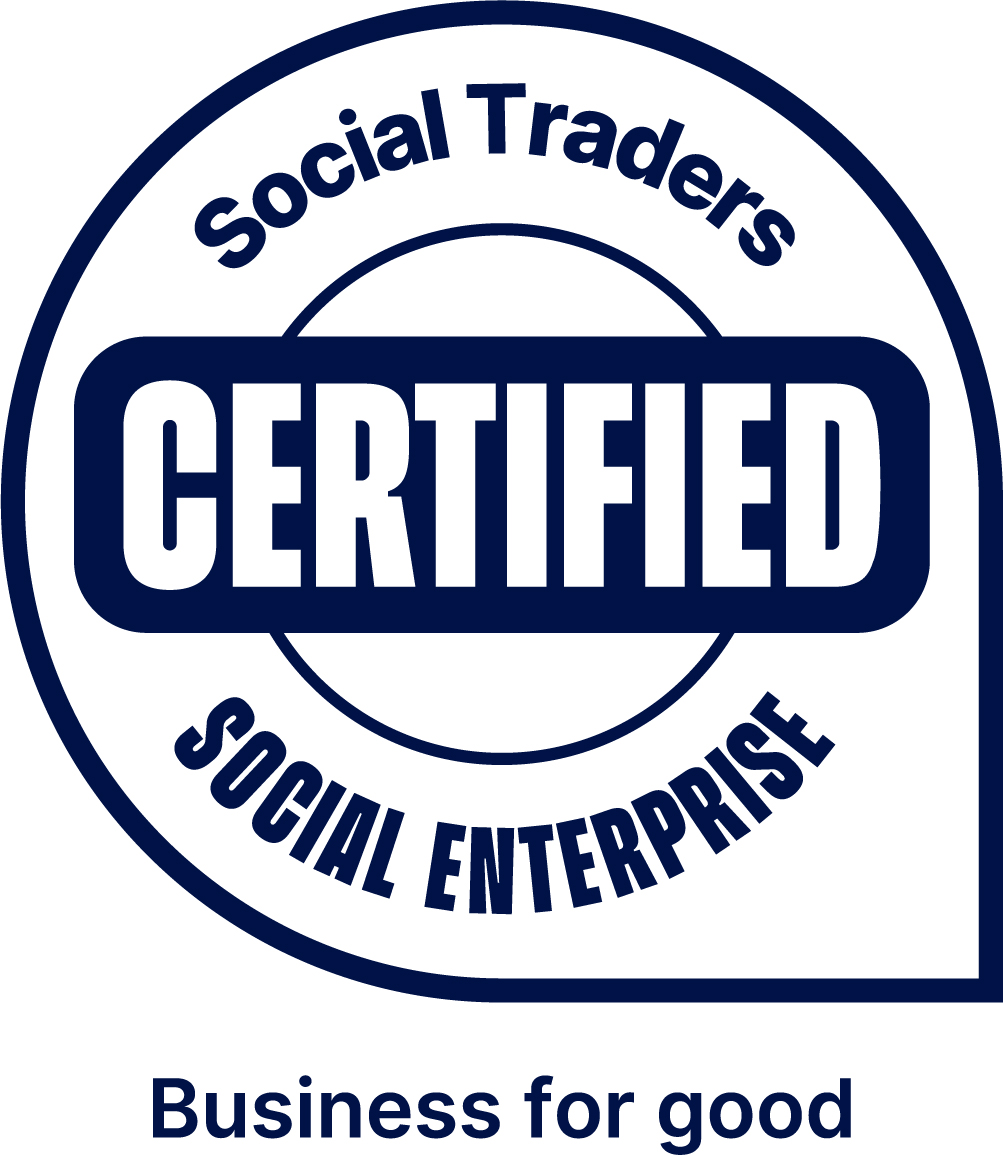
Empowering People Living with Disability
Empowering people living with disability means providing the resources, opportunities, and support needed to lead independent, fulfilling lives. One of the most impactful ways to achieve this is through skills training, which plays a key role in helping people with disability gain the confidence and capabilities they need to succeed in the workforce.
Overcoming these barriers is essential, and social enterprises and inclusive work environments are proving to be successful mechanisms for driving empowerment and economic participation. In this article, we explore why skills training is so important, its benefits, and how meaningful employment can positively impact individuals and businesses.
So, what exactly does skills training encompass?
Skills training for individuals living with disability encompasses a wide range of educational and practical learning experiences that are tailored to help them develop the competencies needed to succeed in various aspects of life, particularly in the workforce. These training programs can focus on several key areas, depending on the individual's needs, interests, and goals.
Here’s an overview of what skills training typically encompasses:
- Vocational Skills: Training specific to a job or trade, such as technical skills, office work, or creative/artisan skills.
- Soft Skills: Developing communication, teamwork, time management, problem-solving, and adaptability.
- Life Skills: Focus on personal care, financial literacy, and transportation to foster independence.
- Job-Readiness: Resume writing, interview prep, job search strategies, and workplace simulations.
- On-the-Job Training: Hands-on experience through internships, apprenticeships, and supported employment.
- Social and Emotional Skills: Self-advocacy, emotional regulation, and confidence-building.
- Technology Skills: Digital literacy and use of assistive technology.
- Entrepreneurial Skills: Training for those interested in starting a business, covering business planning, marketing, and financial management.
Why Skills Training is Important for People Living with Disability
Skills training is a vital foundation, as it creates pathways to greater independence, employment, and social inclusion. The significance of skills training can be seen in several areas:
→ Increases Employment Opportunities: People living with disability often face greater challenges in securing employment due to a lack of accessible opportunities, discrimination, or limited training. Skills training addresses these issues by helping individuals develop the competencies needed to compete in the job market and showcase their abilities to potential employers.
Vocational training offers a structured pathway for individuals to acquire job-specific skills that enhance their employability. These programs are tailored to match the strengths, interests, and needs of each person, allowing them to pursue careers that align with their abilities and passions.
→ Fosters Independence: Beyond employment, skills training enables individuals to manage tasks and responsibilities on their own. Whether it’s learning practical life skills, vocational skills, or new ways to approach problem-solving, this training helps reduce reliance on external support, allowing people to live more autonomously.
→ Promotes Social Inclusion: Participation in skills training programs opens doors to greater engagement with society. It helps build social connections, encourages collaboration, and reduces the isolation that many people with disabilities experience.
→ Addresses Unemployment Rates: Globally, people living with disability face disproportionately high unemployment rates. Skills training is a crucial step in addressing these unemployment disparities by equipping individuals with the knowledge and confidence needed to enter and thrive in the workforce.
How Skills Training and Inclusive Employment Benefits Businesses
Providing skills training and/or hiring individuals living with disability provides tangible benefits for businesses. By fostering an inclusive workplace, organisations can gain a competitive edge and create a positive, productive environment.
1. Access to a Diverse Talent Pool: People with disability represent a vast and often underutilised talent pool. By embracing inclusive hiring practices, businesses can attract individuals who bring unique strengths, problem-solving skills, and different perspectives. This diversity in thought can lead to more creative and innovative solutions to challenges.
2. Enhanced Employee Loyalty and Retention: Employees with disability often demonstrate higher levels of loyalty and commitment to employers who provide a supportive and inclusive work environment. This can lead to reduced turnover rates, lower recruitment costs, and a more stable workforce.
3. Improved Team Morale and Collaboration: An inclusive workplace fosters a culture of acceptance and respect, boosting team morale. Employees working in diverse environments tend to develop better communication and collaboration skills, benefiting the organisation as a whole.
4. Strengthened Brand Reputation: Businesses that prioritise inclusion and diversity are seen as socially responsible, which can enhance their corporate reputation. Customers, clients, and potential employees are more likely to engage with companies that are perceived as ethical and committed to inclusivity.
5. Innovation through Differing Perspectives: People with disability often have experience navigating barriers in ways that foster creative problem-solving. These unique perspectives can lead to innovation within teams and departments, contributing to fresh ideas that may not arise in a more homogeneous environment.
Empowering people living with disability through skills training and employment opportunities is not only essential for personal development and independence but also for creating a more inclusive and diverse society. By providing tailored support, fostering inclusive work environments, and recognising the unique strengths of individuals, we can reduce barriers to employment and help them achieve their full potential.
Willing & Able plays a crucial role in this process by offering personalised employment services, ongoing job coaching, and skills development for people living with disability. Our commitment to inclusive employment practices helps individuals build the confidence, skills, and independence needed to thrive in the workforce.
If you or someone you know is looking to gain skills or find employment, reach out to Willing & Able to create a path toward a more empowered and independent future.
Contact Us



